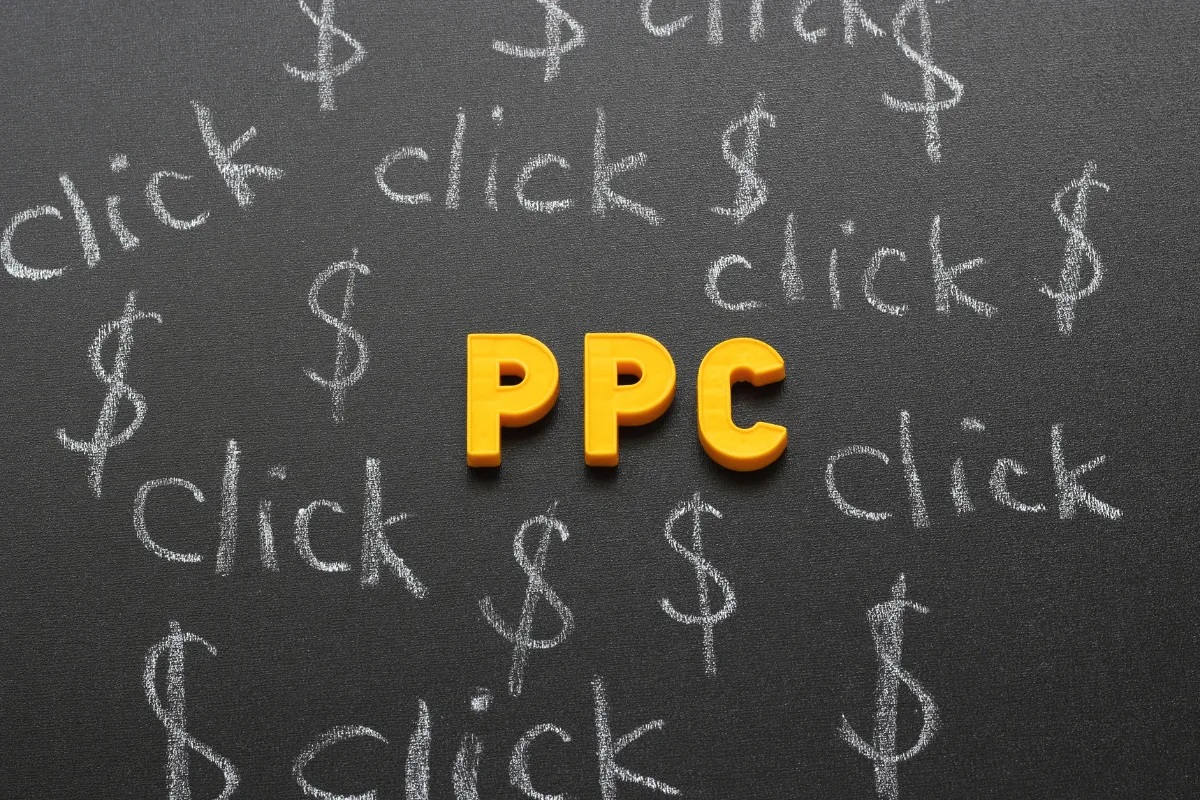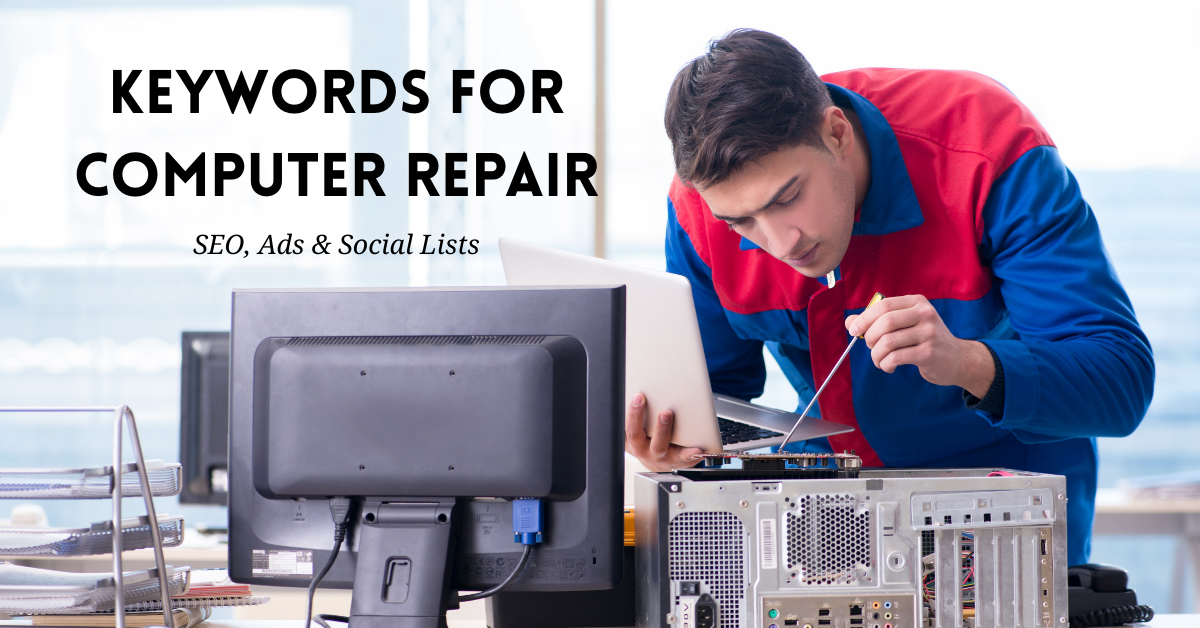In this digital age, businesses are looking for ways to set themselves separate online. SEO, or search engine optimization, and PPC, or pay-per-click advertising are two powerful methods to improve your visibility on the internet. But which is best for your business’s requirements?
SEO primarily focuses on organic search rankings whereas PPC ensures instant visibility through paid advertising. Here, we will cover the difference between SEO vs. PPC along with their benefits and challenges.
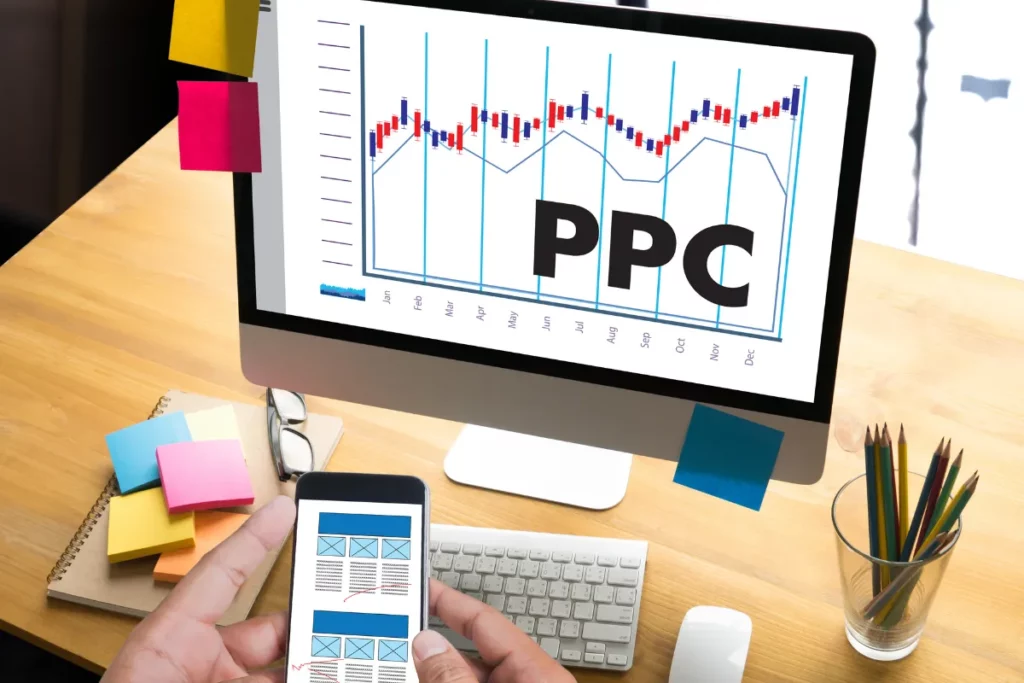
What Is SEO?
Improving your website to rank better on search engine results pages (such as Google) is known as SEO or search engine optimization. Increasing the visibility of your website and bringing in more organic (unpaid) visitors are the goals. Though, it includes many steps such as optimizing your content with relevant keywords, website speed, mobile friendliness, and getting backlinks from reliable sites.
Benefits of SEO
Here are some key benefits of SEO for your business:
Increased Organic Traffic: SEO helps your website rank higher in search results, bringing more organic customers who are actively searching for what you provide.
Cost-Effective: Unlike paid ads, SEO doesn’t require ongoing payments. While it takes time to see results, the long-term benefits make it a cost-effective marketing strategy.
Improved User Experience: SEO improves user experience by optimizing website speed, responsiveness, and overall structure.
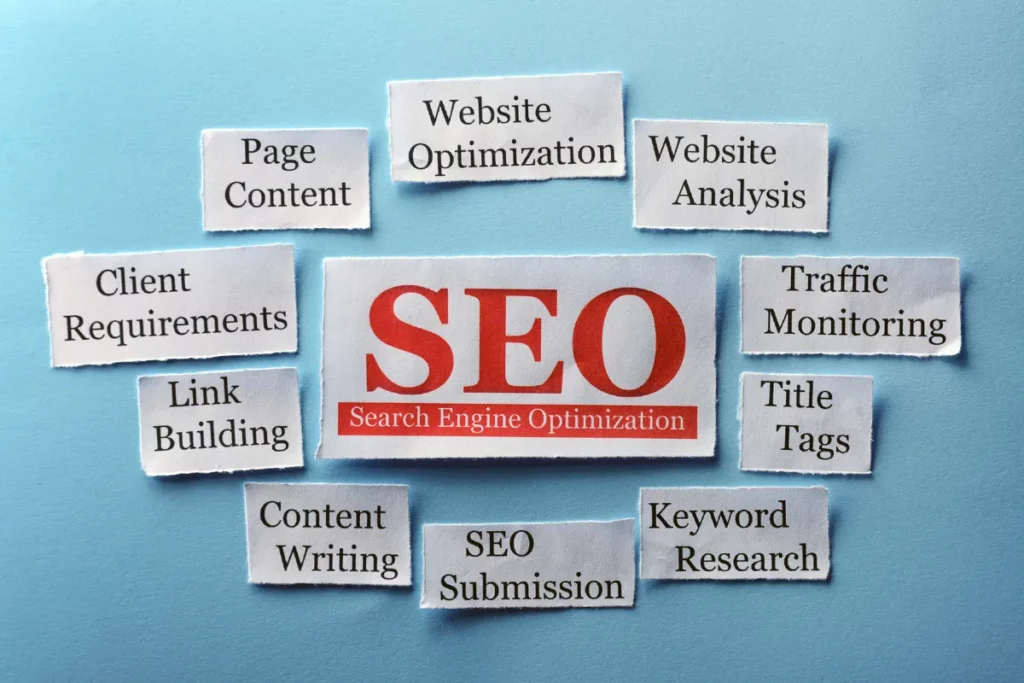
Builds Credibility and Trust: SEO improves your website’s ranking, making it more trusted and credible.
Long-Term Results: Once your website ranks well, it can continue to attract traffic for months or even years without additional costs.
Better Conversion Rates: People trust organic search results more than paid ads, which can lead to higher conversion rates and sales.
Challenges of SEO
It has many advantages however SEO is not without challenges.
- Takes time to see results.
- Requires consistent effort and updates.
- High competition in some industries.
- Algorithm changes can impact rankings.
- Needs technical knowledge and expertise.
- Difficult to measure ROI directly.
- Relies on quality content creation.
- Requires building strong backlinks.
- Can be costly for professional services.
- Results are not guaranteed.
What Is PPC?
PPC, or Pay-Per-Click advertising, is a digital marketing strategy where businesses pay each time someone clicks on their ad. These advertisements show up at the top of search engine results pages or on websites and social media platforms.
Benefits of PPC
Pay-per-click, or PPC, advertising is a quick and efficient method of bringing in targeted visitors to your website.

Immediate Results: PPC delivers instant visibility and traffic as soon as your ads go live.
Targeted Advertising: You can reach specific audiences based on keywords, location, demographics, and interests.
Measurable Performance: Track clicks, impressions, and conversions to measure your ROI effectively.
Budget Control: Set your spending limit and make the necessary modifications to prevent going over.
Enhanced Brand Visibility: Improves brand recognition by showing up at the top of search results.
Flexibility and Scalability: You can run, stop, or modify campaigns in real-time for improved results.
Supports Other Marketing Strategies: Improves online visibility when combined with SEO.
Drives Sales and Leads: Generates qualified traffic with a higher conversion rate.
Localized Advertising: Effectively target local customers to drive in-store or regional traffic.
Challenges of PPC
PPC has many advantages along with its disadvantages. Here are some of them:
- High competition increases costs.
- Requires ongoing budget to maintain results.
- Clicks don’t always convert into sales.
- Campaigns need constant monitoring and optimization.
- Can be expensive for competitive keywords.
- Risk of wasted ad spend with poor targeting.
- Performance declines if campaigns are paused.
- Relies heavily on a strong understanding of analytics.
- Ad fatigue can reduce effectiveness over time.
- May not deliver long-term benefits like SEO.
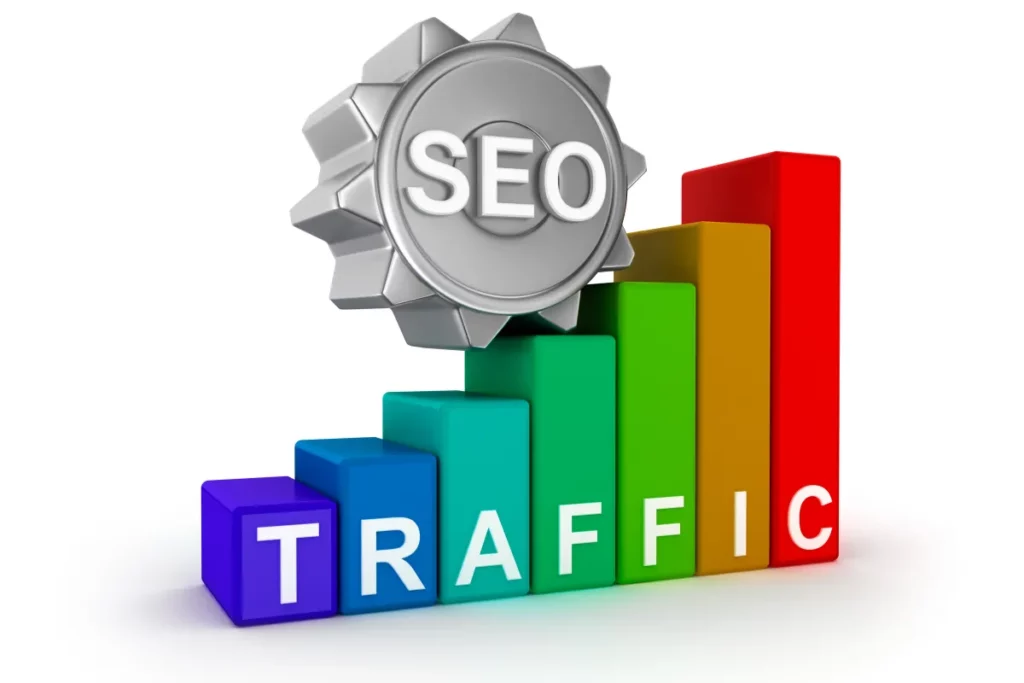
Factors to Consider When Choosing Between SEO and PPC
It might be difficult to choose between PPC and SEO since each offers separate benefits for your business. Every strategy works differently and is suitable for a variety of goals. You must take into consideration some crucial factors to make the smart decision.
Budget
SEO is a cost-effective long-term strategy while PPC can be more expensive and requires a continuous budget.
Timeline
PPC provides instant visibility and traffic as soon as the campaign begins, but SEO takes months to show results.
Industry Competition
While SEO is more sustainable in less competitive industries, PPC can produce rapid results in highly competitive industries.
Business Goals
PPC is best for short-term results if you need leads or sales immediately, while SEO is better if you want long-term growth and brand authority.
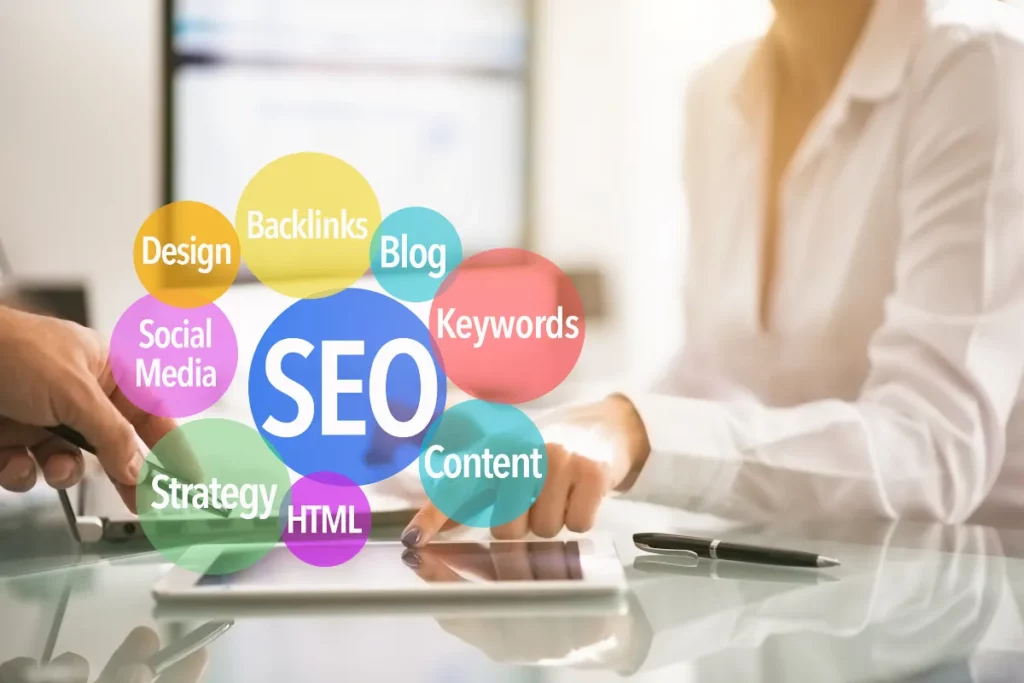
Maximizing Your Online Presence
When you are considering SEO vs. PPC for your business, these two are different but effective ways. Both PPC and SEO have benefits and may be quite successful in growing the online presence of your business. SEO is a long-term strategy that builds organic traffic and brand credibility, while PPC offers quick results and targeted visibility. The best choice depends on your goals, budget, and timeline.

